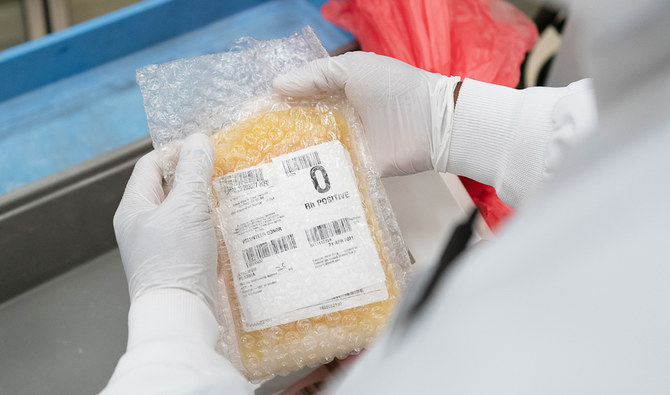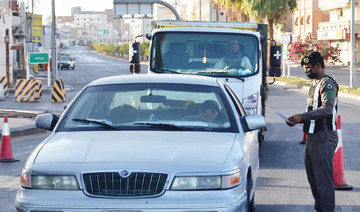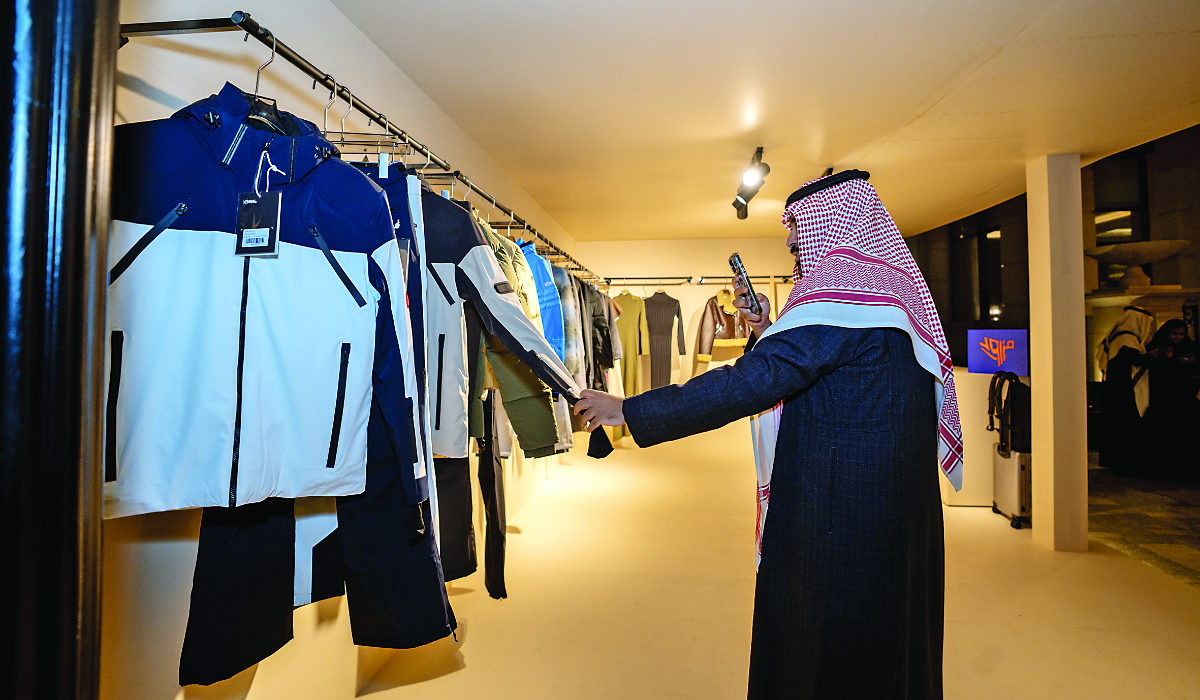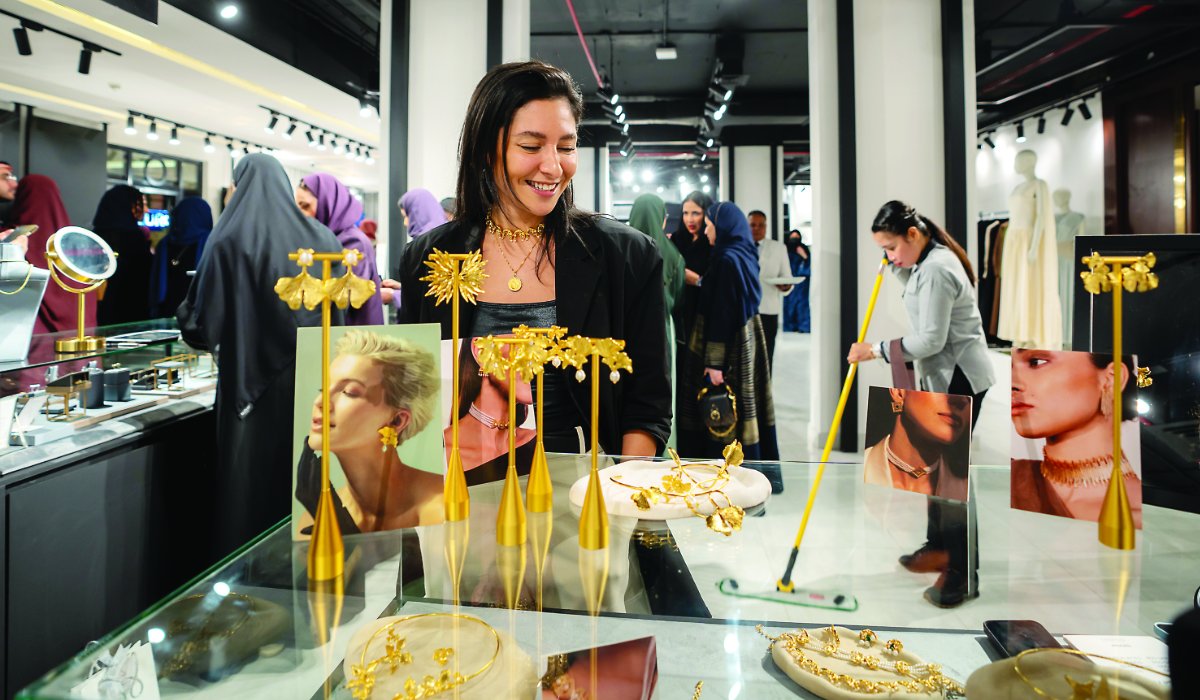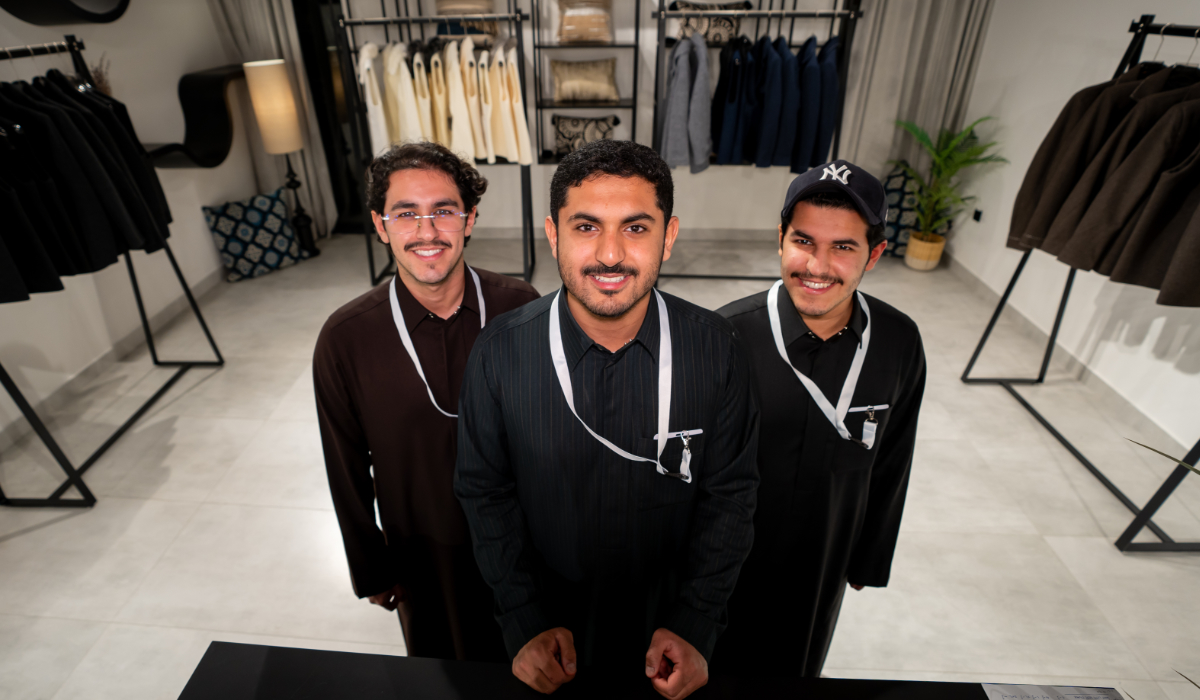RIYADH: A number of Saudi health and research centers have launched a study to test therapeutic options to treat the coronavirus disease (COVID-19) by using plasma from recovered patients.
The study aims to test the effectiveness of plasma in treating advanced cases of the disease after taking blood components from those who are eligible and volunteered to participate in the study.
Plasma plays a critical part in the treatment of many serious health problems, as it contains antibodies that help the human body to recover.
Similar studies are being conducted globally as the world races to find a cure and treatment for COVID-19, that has infected over 3.5 million and caused a little over 240,000 fatalities worldwide.
Dr. Hani Al-Hashmi, director of the Oncology Center at King Fahd Specialist Hospital in Dammam, told Arab News that the study aims to reach therapeutic solutions based on solid medical studies.
Al-Hashmi added that the study had been approved by both the Ministry of Health (MoH) and the Saudi Food and Drugs Authority (SFDA) almost 2 weeks ago, and that the study team had since begun extracting plasma from recovered patients, adding that the results of the study would be announced after the study was completed.
According to Al-Hashmi, there are more than 20 health and research centers working on the project, and among the study team there are 21 main researchers with specialties in hematology, immunology, infectious diseases, intensive care and blood transfusion.
He added that every recovered patient willing to participate in the study would undergo a thorough check-up before the start of the blood transfusion process as per the approved protocol of the study, adding that they could start taking plasma from recovered patients after the second “negative” sample result, and after the recovered patient completed 14 days in home quarantine.
The study team asked all the COVID-19 recovered patients who were eligible to contribute to the urgent study to register their information at www.plasmaforcovid.com
Meanwhile, in today’s daily Ministry of Health press conference, Dr. Abdullah Asiri, assistant deputy minister for preventive health and an infectious disease consultant, spoke of various studies and trials currently being conducted in the Kingdom, one of which is a clinical trial in partnership with the World Health Organization’s global research initiative for COVID-19 treatments.
Seven hospitals are currently conducting a clinical study, launched a few weeks ago, aimed to find a number of therapeutic protocols that have proven successful in the first phase of testing in labs or previous studies on volunteers.
“Three out of four of these protocols are trials using broad spectrum anti-viral medications previously used to treat various viral infections,” said Abdullah. “It is unknown if they (anti-viral drugs) could shorten the recovery period of those infected.”
Patients with prior respiratory infections admitted to any of the seven hospitals mentioned will join the clinical trial to identify the medication’s efficiency and will be closely monitored to follow up on the patients’ conditions.
“Duration of the clinical trial may vary depending on the number of patients involved and patients’ response,” he added, with initial results to be announced within the coming weeks to see if these medications are successful to use as treatment for COVID-19.


